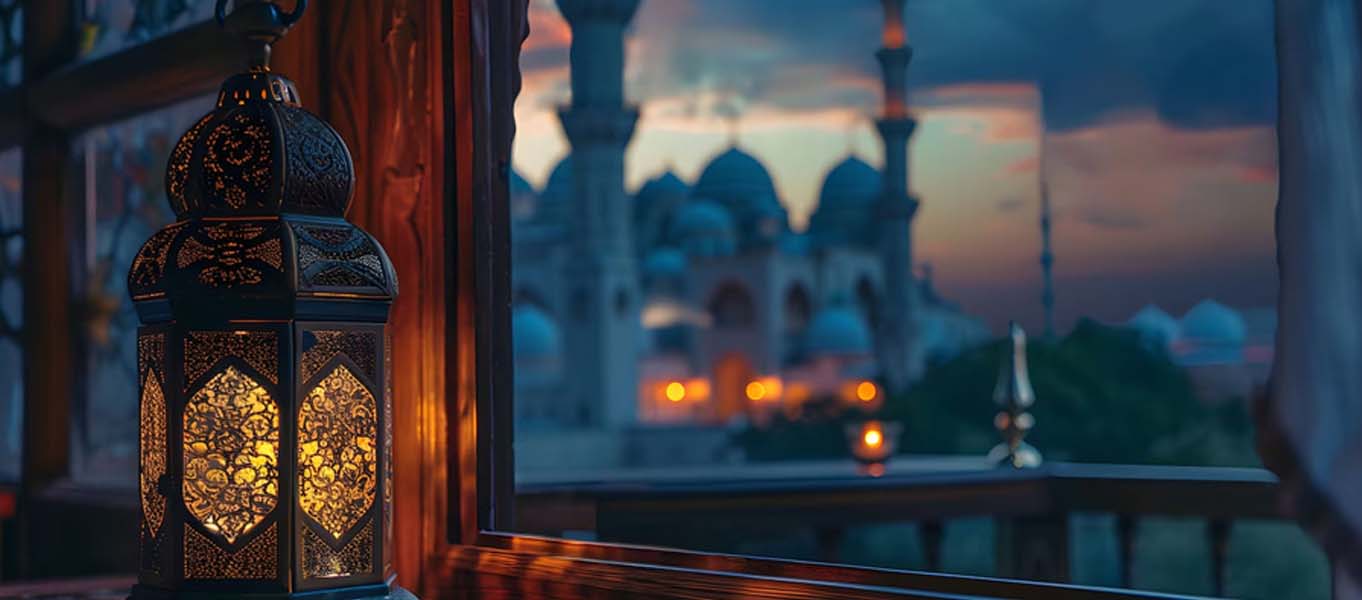Shab-e-Barat (15th of Sha’bān): Between Myth and Sunnah
Authenticity, Weak Reports, and the Ruling on Celebration
Celebrating the night of Shab-e-Barat (15th of Sha’bān) is not established in the Qur’an or Sunnah. The narrations about its special status are weak or fabricated. The early generations did not observe it, and turning it into a night of rituals, gatherings, or festivities is considered bidʿah (innovation).
| Shab-e-Barat — Critical Overview | |
|---|---|
| Name and meaning | Shab-e-Barat (شب برات) is a cultural term meaning “Night of Freedom from Sin.” It refers to the 15th night of Sha’bān, believed by some to be a night of forgiveness and destiny. |
| Islamic ruling | No authentic Sunnah supports celebration or special worship on this night. Considered bidʿah when observed as a ritual occasion. |
| When it started | Not practiced in the time of the Prophet ﷺ or the Companions. Introduced centuries later in parts of the Muslim world. |
| Where it spread | Common in South Asia, the Levant, Central Asia, and some Middle Eastern and African communities. |
| Practices associated with it |
|
| Similarities in other religions |
These parallels suggest cultural borrowing rather than authentic Islamic worship. |
Prophetic Guidance
The Prophet ﷺ did not instruct Muslims to mark the 15th of Sha’bān with worship or celebration. Some weak narrations exist about Allah’s mercy on this night, but hadith scholars clarified that they are unreliable. Fabricated reports exaggerating its virtues further mislead people.
The Companions and early generations never treated this night as special. Instead, the Prophet ﷺ emphasized regular voluntary worship throughout Sha’bān without singling out the 15th night.
Scholarly Consensus
– Authentic Sunnah: No special observance of the 15th of Sha’bān.
– Scholars like Ibn Taymiyyah, Ibn Rajab, and al-Shawkani rejected establishing it as a ritual celebration.
– A small minority accepted individual voluntary prayers that night, but rejected communal gatherings, sweets, and festivals.
The Wisdom Behind the Ruling
- Completion: Islam is already perfect; adding rituals undermines that completion.
- Authenticity: Only sound evidence defines Sunnah; weak narrations cannot establish worship.
- Protection: Prevents Islam from absorbing cultural customs disguised as devotion.
- Unity: Keeps Muslims from fragmenting into different invented rituals.
Common Misconceptions
1) “Shab-e-Barat is the night of destiny.”
No — the Qur’an identifies Laylat al-Qadr in Ramadan as the night of decree.
2) “Special prayers and sweets on this night earn forgiveness.”
There is no authentic hadith to support this.
3) “Visiting graves and lighting lamps is Sunnah.”
Baseless. The Prophet ﷺ visited graves throughout the year, not linked to this night.
Contemporary Reflections
Many communities celebrate Shab-e-Barat sincerely, believing it expresses devotion. But sincerity must be paired with authenticity. True preparation for Ramadan is found in regular worship, fasting, the Qur’an, and repentance, not cultural rituals without evidence.
Conclusion
Shab-e-Barat has no basis in authentic Sunnah. Its narrations are weak or fabricated. Treating it as a special night of worship, gathering, or festival is bidʿah. The path of safety is to hold to authentic Sunnah, worship consistently, and prepare for Ramadan with sincerity and obedience.
References
Primary Sources
Qur’an
- Al-Māʾidah 5:3: Religion perfected and completed.
- Al-Qadr 97:1–5: Night of decree in Ramadan, not Sha’bān.
Hadith
- Sahih al-Bukhari 2697: Whoever introduces what is not from it will be rejected.
- Sahih Muslim 867: Every innovation is misguidance.
- Sunan al-Nasā’ī 1578: Every misguidance is in the Fire.
Secondary Sources
- Ibn Taymiyyah, Majmūʿ al-Fatāwā 25/299: On Sha’bān practices and innovations.
- Ibn Rajab, Laṭāʾif al-Maʿārif: Virtues of Sha’bān; rejected innovations of the 15th night.
- Al-Shawkani, al-Fawāʾid al-Majmūʿah: Collected weak and fabricated hadith about Sha’bān.

